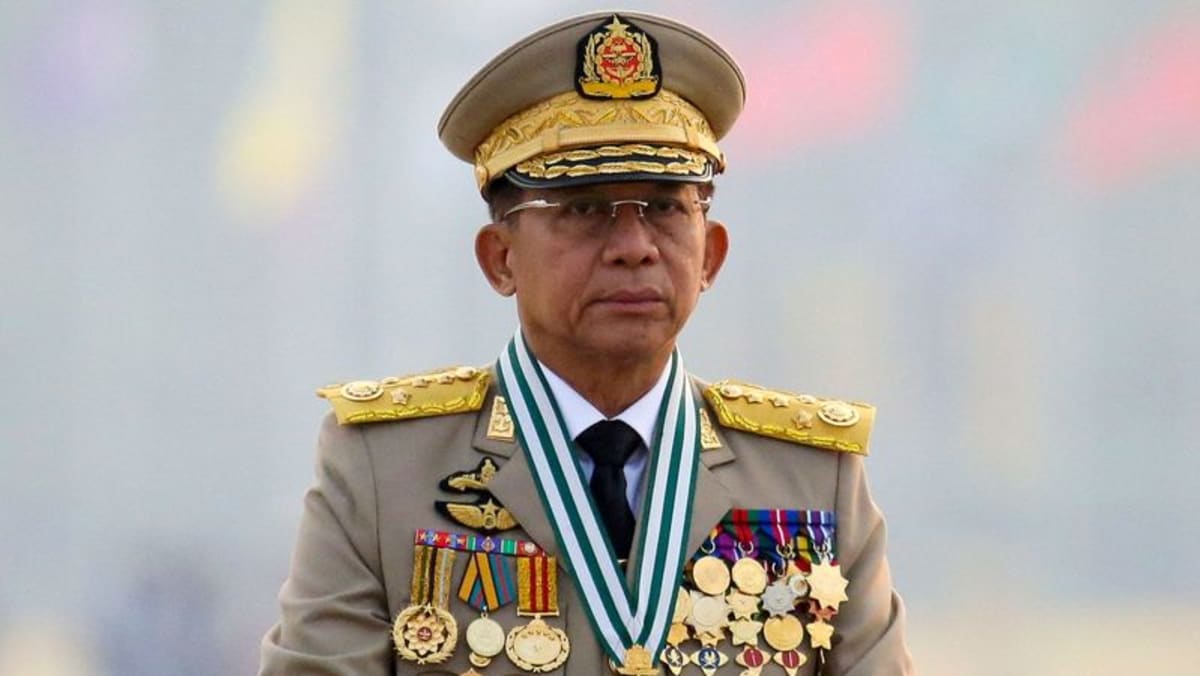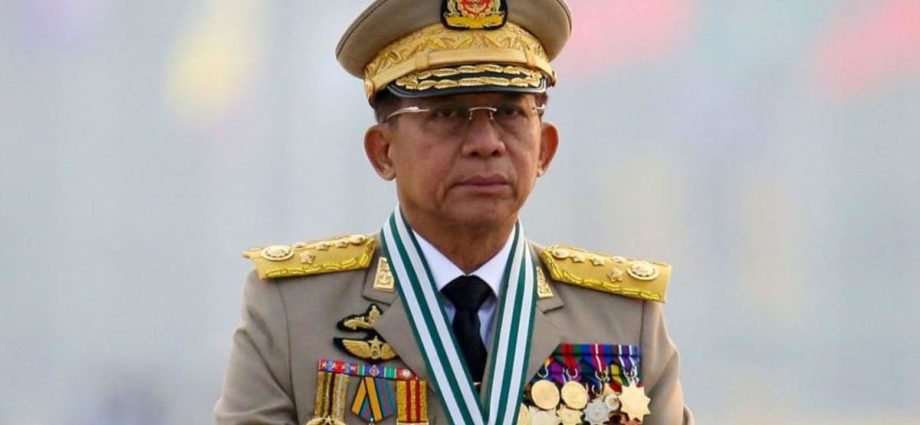
About 2.3 million people have been displaced, according to the United Nations, while efforts by Myanmar’s Southeast Asian neighbours to initiate dialogue have seen no progress, with the junta refusing to negotiate with what it calls “terrorists”.
The extension of emergency rule came on the eve of the third anniversary of the military wresting back power in the coup citing unaddressed electoral irregularities, in an abrupt and unpopular end to a decade of tentative democracy and economic reform.
HOLD ON POWER UNCERTAIN
That came a few months after a landslide election win by then leader Aung San Suu Kyi’s ruling National League for Democracy (NLD), which had planned to change the constitution to cut the powerful military out of politics and bring it under civilian control.
The military has promised to hold an election and return Myanmar to the quasi-civilian system it created, but has disbanded at least 40 parties and jailed Aung Suu Kyi for 33 years, commuted to 27, on what her supporters say were trumped-up charges.
Earlier on Wednesday it announced an easing of registration requirements for political parties, without saying why. It gave no timeframe for the election. Western countries have signalled they will not recognise the polls.
The parallel National Unity Government, which controls militias, on Wednesday issued a statement along with and three ethnic minority rebel groups saying they were open to negotiations with the military, contingent on it ceding power and bringing the armed forces under civilian control.
Richard Horsey, senior Myanmar adviser to Crisis Group, said the military’s weaknesses were exposed in recent months through its loss of troops and territory, with pressure building from within on coup leader Min Aung Hlaing.
“The military’s hold on power is more uncertain than at any time in the last 60 years,” he said.
“But it seems determined to fight on, and retains an enormous capacity for violence, attacking civilian populations and infrastructure in areas it has lost, using air power and long range artillery.”

